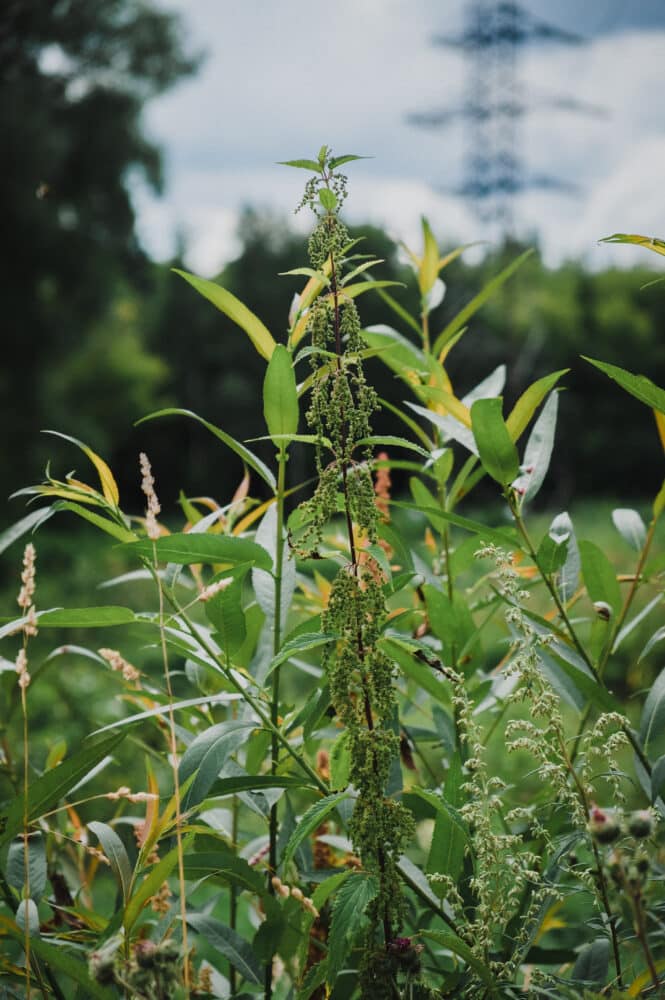“Ditch our ego” is one of the first useful tips we receive in Jiujitsu. It usually comes from a friend already training, or something we read or watched before we stepped onto the mats, but always forced upon us at some point through mat time.
People start Jiujitsu with different degrees of ego; some with no ego at all, and some with a heavy ego based on prior success in some other activity.
Ego isn’t bad, without it we’re without drive, chase nothing, and rust to pieces. It took some ego to walk through the door. It gives us that fire, that courage to say we can do this. But too much ego leaves us diseased, toxic, strangles our progress, and the progress of those around us. Bloated ego is systemic inflammation of the soul.
To ride that line of maintaining enough ego to usefully drive our growth and the confidence to pursue it, but not so much that we’re overgrown, self absorbed and caving in on ourselves; this is a critical daily exercise in moderating our mindset.
As easy as it can be to see and feel an inflated ego in someone else, the difficult part is evaluating ourselves for our own tripped ego. And it’s arguably riding our own ego line in even trying to evaluate another’s. But if our intentions are to clean up our own, it’s useful to observe others in the interest of our own self improvement.
Once on the mats, we either have our ego ripped out of us, or our ego will leave with us out the door. That’s the beautiful and necessary starting line everyone must begin their journey from, like pulling the weeds when starting a garden. As the ego is slowly ripped from us, our garden becomes more and more fertile for growth of our beloved Jiujitsu. Every time we screw up basic warmups or tap out to someone half our size, or otherwise feel like a dummy. Ego leaves us with each, and as it does we cultivate the soil of learning.
Each technique and concept delivers ideas to the mind and body, like nutrients to the soil. In this initial stage, the soil begins to sprout and grow the beginnings of BJJ. And with this, the confidence begins to rise, and the techniques begin to compound. The garden begins to flourish as we get mildly obsessed with more growth, making more changes to our game and daily habits, becoming a self fulfilling cycle, adjusting along the way. This is the sweet spot and key to longevity.
BUT, unchecked fertile soil also welcomes the ego weeds trying to sneak back in as the garden is being built up. These unannounced weeds not only suffocate our ability to learn new things, but also suffocates our training partner’s learning as well. They creep in and grow alongside everything else in our garden of BJJ. They’re quiet and unassuming. And as a good gardener picks the weeds before planting the seeds, like our first days of mat time, we also pick them well after and during the lifetime of the garden, and of our life. Ego weeds are natural and unavoidable.
The danger comes in forgetting to pull the new weeds. With our newly fertile soil and constant harvesting of new ideas, we forget the inglorious task of pulling these weeds of ego. And everyone, every garden, is vulnerable to this.
There are tons of mantras and techniques to keep our weeds in check. But it’s truly a mindset that makes whatever we choose effective. A mindset of sincere humility, eagerness to learn, fearlessness to fail or look like an idiot, helps to keep the garden pruned.
Ego is fragile and aims to protect itself. Fear of injuring it causes us to superficially protect itself with outright arrogance, overly cautious risk mitigation, and the heavy use of “I”, “me” “mine” and “my” in our language to keep it strong.
Some classic ego smell tests?
How much need do we have to tell others of our prior accomplishments in the last roll or tournament? And more importantly why? Is it a technical analysis or a need for an ego stroke?
Are we avoiding rolls with someone in class because we fear the results of who might “win”?
How often are we referring to “my” Jiujitsu, or “my” class, “my” version” or “my” way?
None of these are sure-fire litmus tests, ego weeds are sneaky, but they’re a start. A “check engine” light to remind ourselves to “check ego”.
Asking ourselves questions periodically to check our ego on the mats will also get us in the habit of doing the same off the mats. Digging deeper to our intentions behind our thoughts and actions. Looking inward, knowing ourselves.
Be hard on ourselves with these, but not on others.

